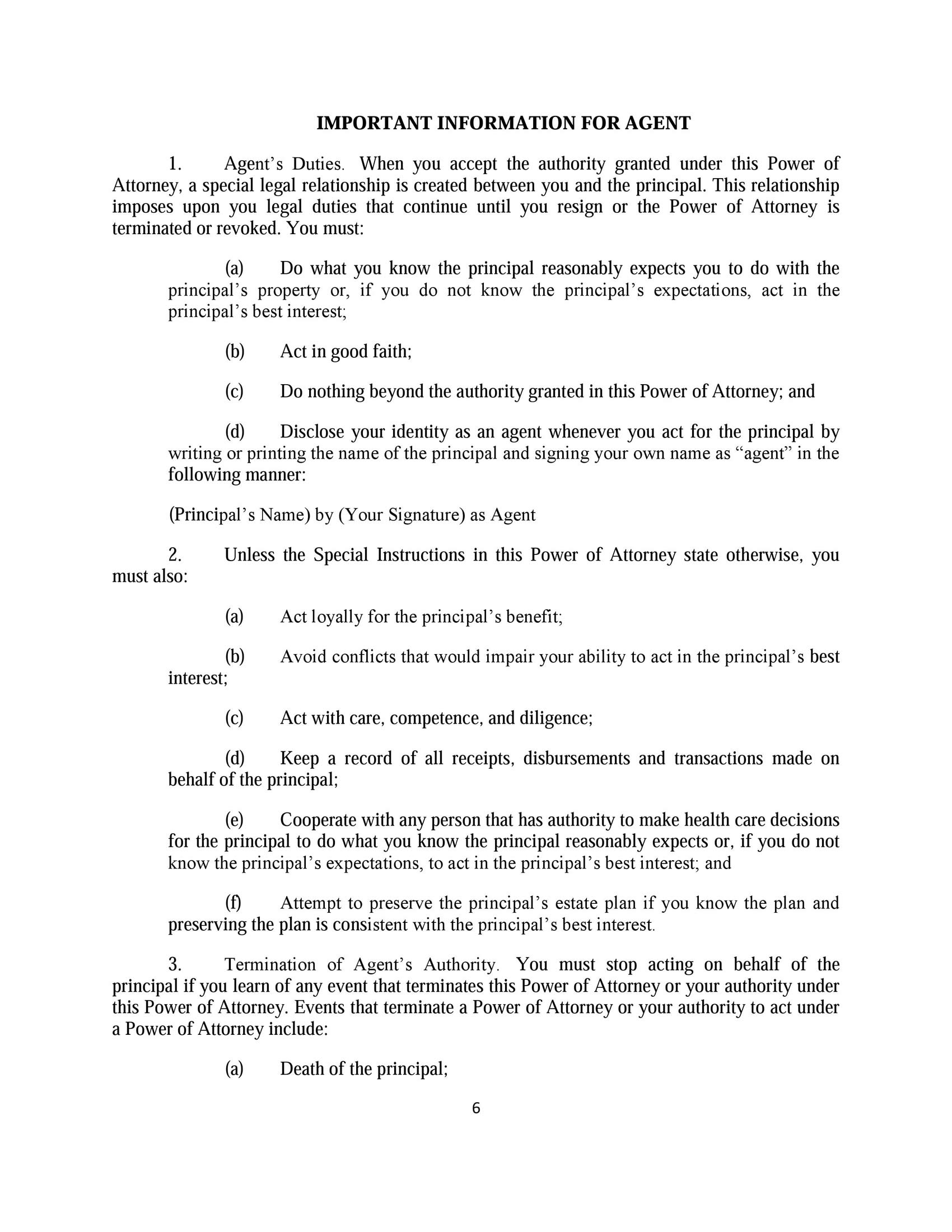What Does Estate Planning Attorney Do?
What Does Estate Planning Attorney Do?
Blog Article
The Buzz on Estate Planning Attorney
Table of ContentsThe Single Strategy To Use For Estate Planning AttorneyThe Single Strategy To Use For Estate Planning AttorneyThe Of Estate Planning Attorney
Changes in your life can create a reason to transform your estate plan. Modifications in the law can also create a requirement to update your estate plan. The different fees and prices for an estate plan must be gone over with your attorney. There are several sources for estate preparation provided on the web or by numerous companies, and the motivation to avoid lawyers' charges is frequently a motivating element.
It is likewise possible that it will be changed as an outcome of the adjustment of administration in 2020. The Illinois estate tax limit quantity is $4,000,000 and an estate with even $1 over that quantity undergoes tax obligation on the whole quantity. An individual whose estate surpasses these exemption or threshold degrees needs to do some additional estate planning to decrease or get rid of fatality taxes.
The Illinois estate tax obligation threshold is not mobile. Normally, a present of home from a person to his or her partner that is a united state person is exempt to a present tax obligation or an inheritance tax. Gifts to anyone else is a taxed present, however goes through a yearly exclusion (gone over listed below) and the very same lifetime exception when it comes to government inheritance tax.
Rumored Buzz on Estate Planning Attorney
Some estate plans may include life time presents. In 2020, an individual can offer up to $15,000 a year to anybody without a present tax. Additionally, under specific circumstances, a person might make gifts for clinical expenditures and tuition expenses above the $15,000 a year limitation if the clinical payments and tuition settlements were made straight to the clinical service provider or the education and learning company.
Partners and wives commonly have residences and bank accounts in joint occupancy. It is used less frequently with nonspouses for a range of reasons. Each joint lessee, no matter of which one bought or initially possessed the residential or commercial property, deserves to utilize the jointly possessed residential property. When two individuals own building in joint tenancy and one of them passes away, the survivor ends up being the one hundred percent owner of that residential property and the dead joint lessee's interest ends.

When a tenant-in-common passes away, his or Estate Planning Attorney her passion passes to his or her estate and not to the surviving co-tenant. The residential or commercial property passes, rather, as part of the estate to the beneficiaries, or the recipients under a will.
Estate Planning Attorney Fundamentals Explained

At the death of the owner, the possessions in the account are transferred Website to the designated recipient. Illinois has actually recently embraced a statute that allows certain actual estate to be transferred on fatality through a transfer on death instrument.
The recipient of the transfer on fatality instrument has no interest in the realty up until the fatality of the owner. All joint tenants have to consent to the sale or mortgage of the building. Any type of one joint renter might withdraw all or a part of the funds in a joint checking account.
Estate, gift, or earnings tax obligations might be influenced. Joint occupancy might have various other effects. As an example: (1) if property of any kind of kind is held in joint occupancy with a family member that obtains welfare or other advantages (such as social protection benefits) the relative's privilege to these advantages might be jeopardized; (2) if you position your house in joint occupancy, you may lose your right to beneficial elderly citizen genuine estate tax treatment; and (3) if you produce a joint occupancy with a youngster (or anyone else) the youngster's financial institutions might seek to collect your child's debt from the home or from the proceeds of a judicial sale.
Joint tenancies are not a basic option to estate issues but can, in fact, create issues where none existed (Estate Planning Attorney). The expenses of preparing a will, tax obligation planning, and probate might be of little importance contrasted with the unintentional problems that can emerge from making use of joint occupancies indiscriminately. For a full explanation of the advantages site here and drawbacks of joint tenancy in your particular scenario, you should get in touch with an attorney
Report this page